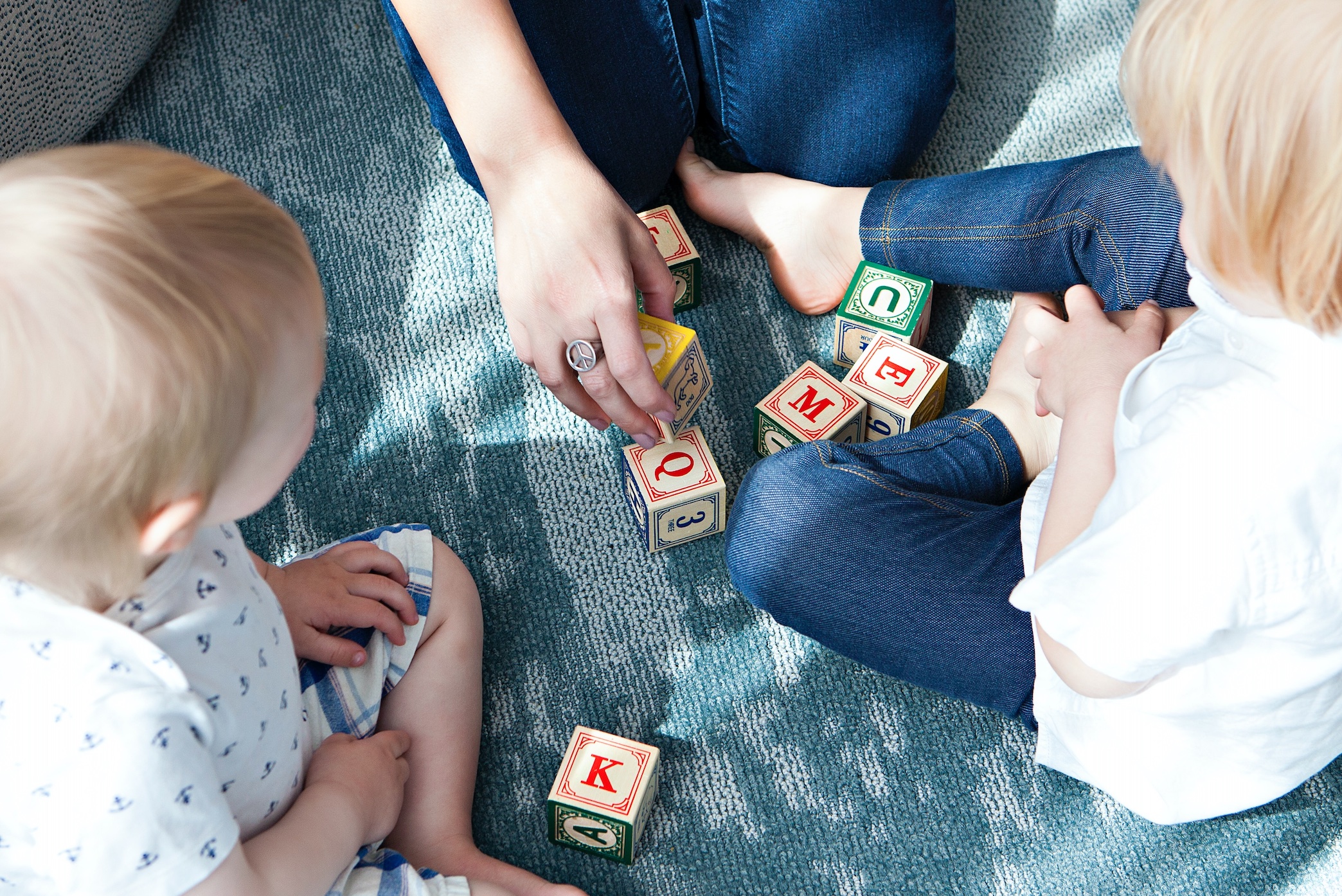They don’t favor one parent over the other unless there’s evidence of abuse, neglect, etc.
US states have similar child custody laws but exceptions, such as North Carolina custody laws, exist. One thing to remember is always to be prepared for any potential issues that you might face during your battle.
If you want to know more about this topic, this article will explain how the state of North Carolina will work towards your custody case and what you can expect.
North Carolina Child Custody Laws Prefer You Come to an Agreement Outside the Court
Unlike most states, North Carolina custody laws and courts prefer that you and your soon-to-be ex-partner settle on an agreement outside the courtroom. That said, there’s only a small number of custody cases in NC that must be decided inside the courtroom. However, if you must take your case to court, you’ll need experienced lawyers’ help.
As one can see, it’s obvious that North Carolina laws encourage parents to come to an agreement on their own, which could also urge them to cooperate and create a better and healthier environment for their shared child.
How do North Carolina Custody Laws Determine Your Custody?
In cases when parents can’t agree on child custody and want to gain specific custody rights over their child, they must notify the court in advance. Additionally, North Carolina custody laws and courts usually require that both parents be present in mediation and see if they can agree before sending the case to trial.
In that case, we would also recommend you seek the help of Charlotte Custody Lawyers, as they’re experts in this field, so they know a thing or two about custody laws. They will also work to present your case appropriately to the court and persuade the judges with sufficient evidence.
Another difference from most states is that North Carolina child custody laws don’t recognize joint custody. Instead, when there are cases for joint custody, the judge will grant primary custody to one parent and secondary custody to the other parent. Essentially, their shared child will spend most of their time at the primary co-parent’s house.
Although North Carolina custody laws use the term ‘secondary custody’, that’s another way of saying ‘visitation rights.’ On the other hand, legal custody is the most important type of custody because it allows the custodial parent to make significant and major decisions for their child.
North Carolina Child Custody Laws Favor Co-Parents Over Third Party Individuals

One significant similarity is that North Carolina custody laws provide co-parents with the right to custody their child over any third-party individual. Similarly, they don’t favor one parent over the other unless there’s evidence of abuse, neglect, etc.
Before this, North Carolina custody laws followed the ‘Tender Years Doctrine’, which meant that the court favored the mother to be awarded custody. However, the courts have now moved away from this doctrine, though there may be judges or attorneys who follow this idea.
For that reason, it’s vital that before your custody trial, you try to settle the divorce on good terms. This will ensure that you don’t have such issues in the upcoming custody trials, and the court won’t try to be biased. You could also get help from Charlotte Divorce Lawyers, and they’ll help you more in your divorce process while also informing you on potential scenarios during your custody arrangements.


Join the conversation!